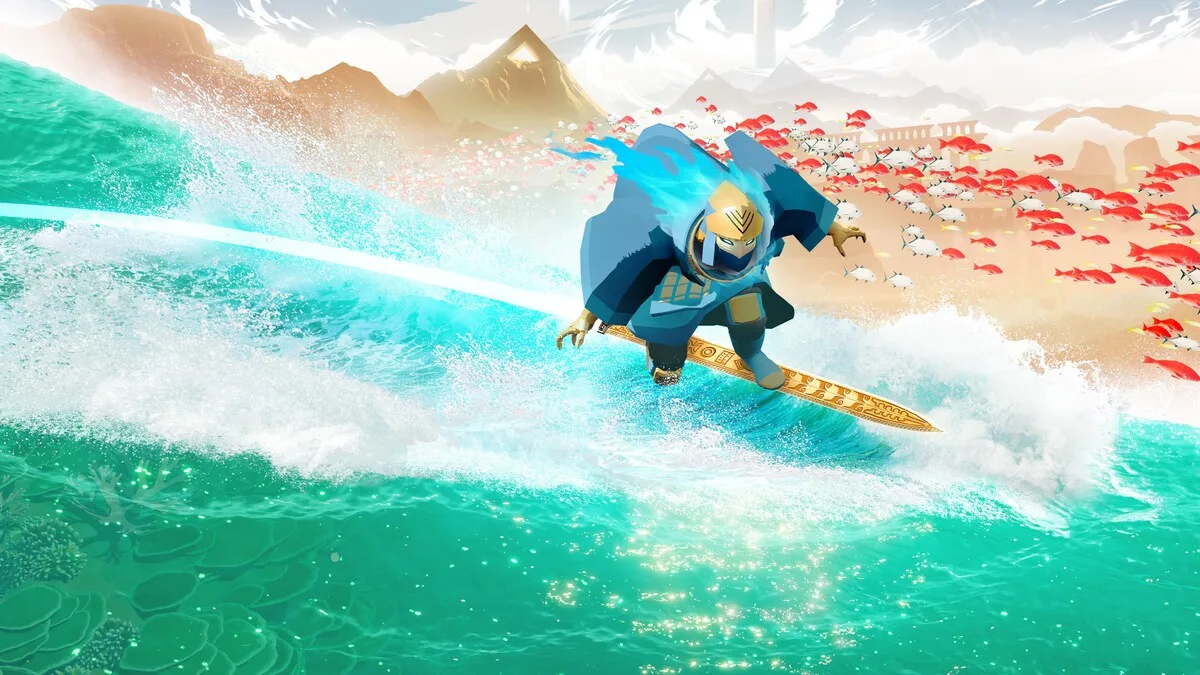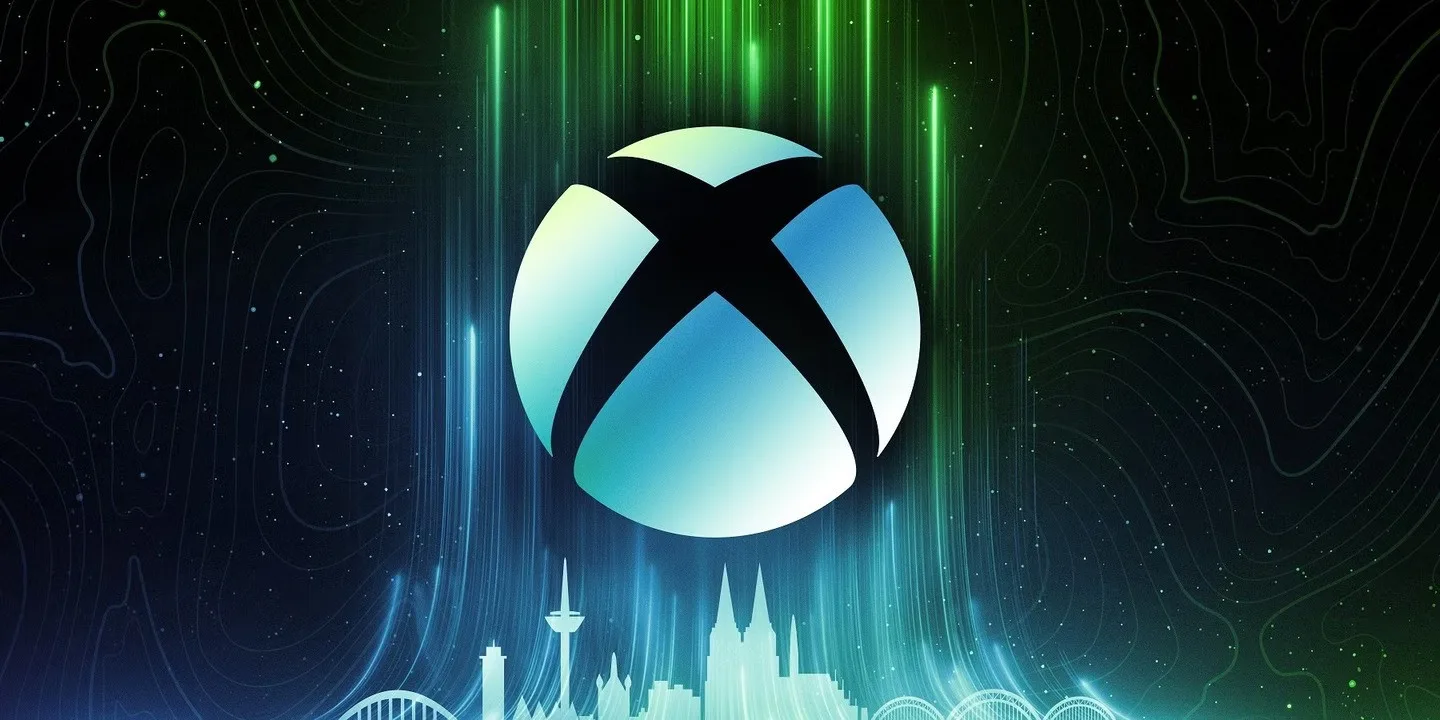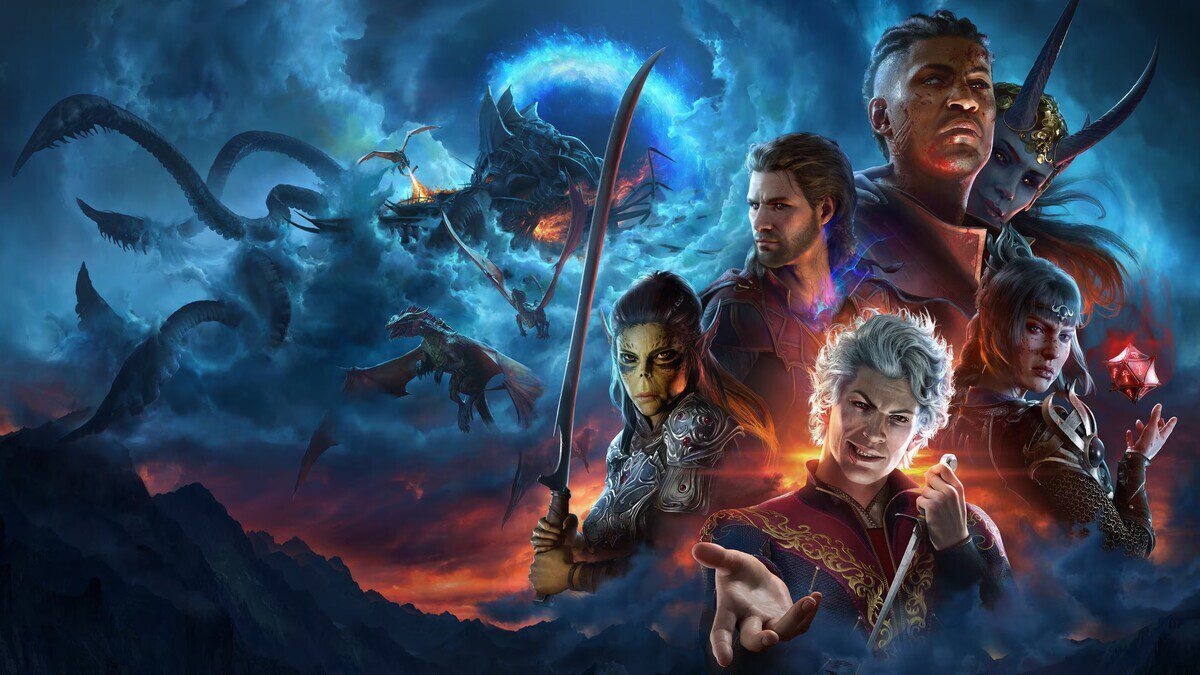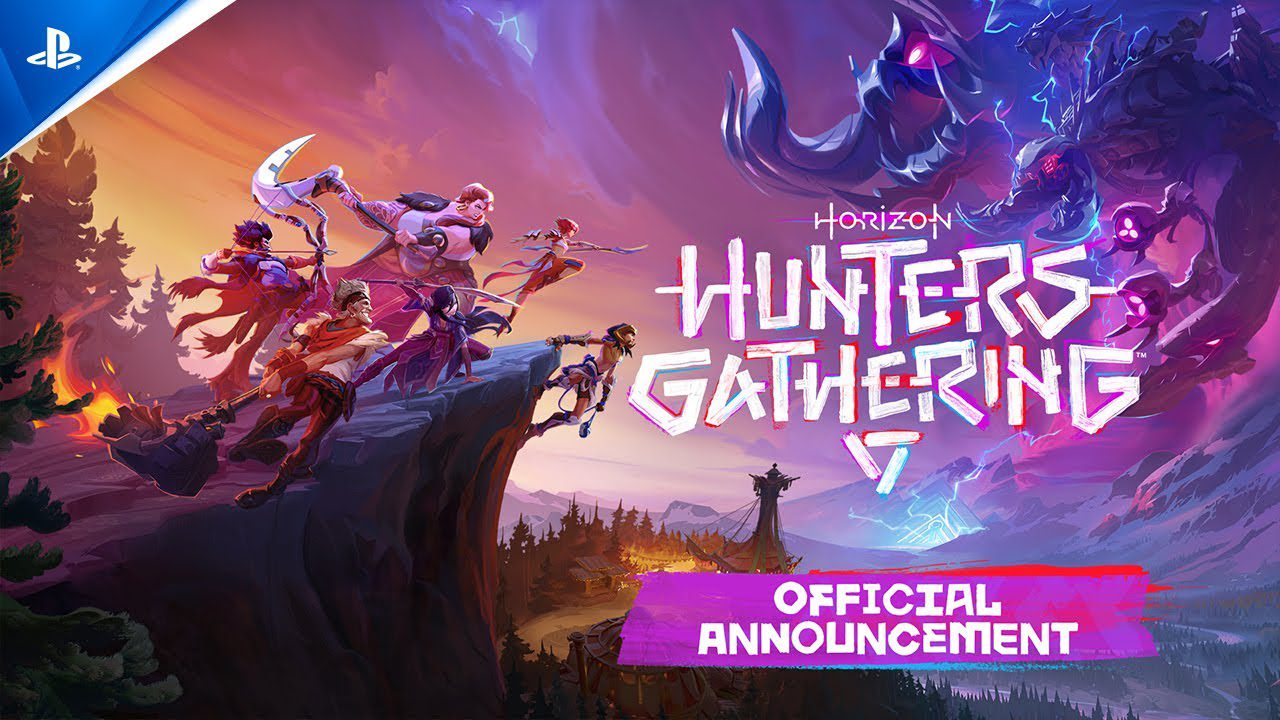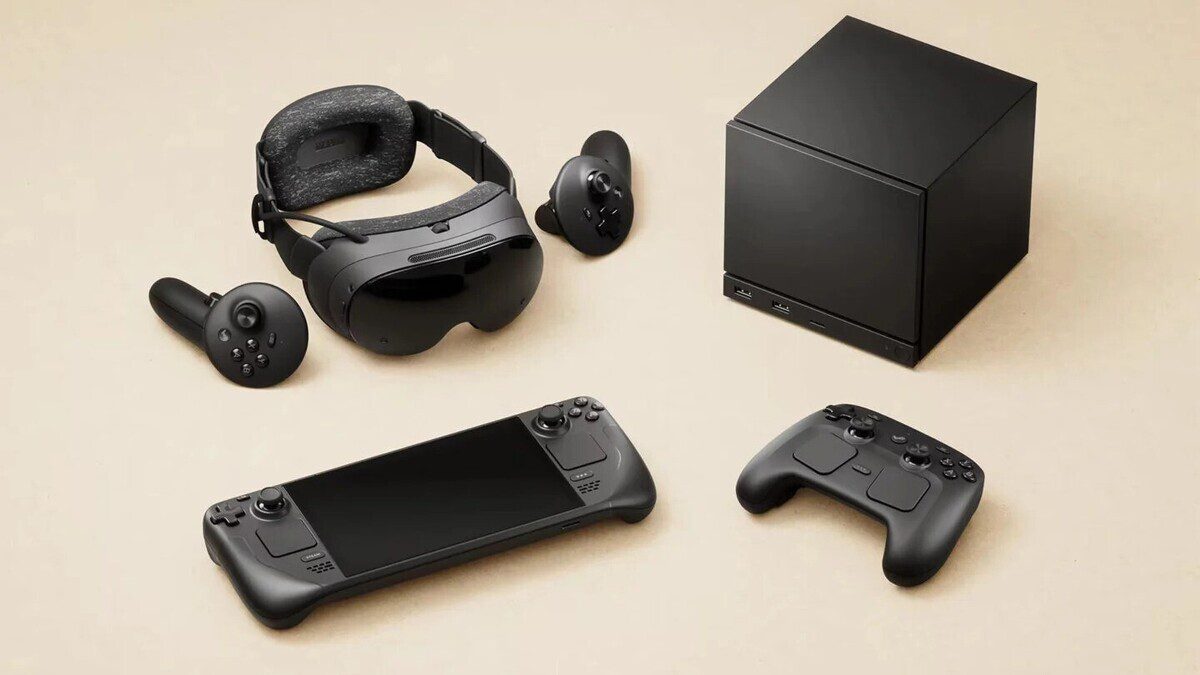In 2006, a studio called ThatGameCompany released its first game, establishing what would later be recognized as a unique style within the industry: experiences where music and visual art redefined how we perceive interactive media. Years later a new studio named Giant Squid was founded by former members of the original team continued that legacy by delivering similar experiences. Their latest project, Sword of the Sea, is a work that seeks to evoke both nostalgia and wonder, inevitably reminding us of the impact Journey had back in 2012.
Visually, the game is breathtaking. The graphics resemble living paintings, enhanced by a vibrant color palette that brings the world to life. The animation is fluid to the point of inducing an immediate sense of relaxation. Complementing this, the soundtrack is magnificent, each track invokes tranquility, hope, and awe with every new discovery.
The level design is impeccable, offering landscapes that will take your breath away. Gameplay, however, is fairly straightforward. The core mechanic revolves around gliding through the world using your sword, which also doubles as a surfboard. While simple, it’s surprisingly addictive, allowing players to perform tricks and unlock abilities that enhance both speed and reach. Exploration plays a key role, with puzzles to solve and boss encounters that add a touch of platforming to the overall experience.
That said, Sword of the Sea is not without its flaws. Its biggest weakness is that it borrows heavily from concepts already seen in other titles, leaving little room for originality. The narrative, for instance, feels somewhat underwhelming: you control a silent protagonist tasked with restoring a barren world to life, using the sword as both a tool and a means of traversal. Poetic as it may sound, it never fully develops into something truly memorable.
Another drawback is its short length. The game can be completed in just about two hours, which doesn’t quite justify its high price tag. Additionally, while the game encourages exploration, its lack of clear objectives may appeal to some players but frustrate others, dragging out the experience unnecessarily.
In the end, Sword of the Sea is not a game for everyone. It focuses on evoking feelings of awe and serenity rather than delivering deep gameplay challenges. Still, it would be unfair to dismiss it also it’s a visually stunning game with addictive mechanics that, once they click, won’t easily let you go.
Final Score: 3/5

